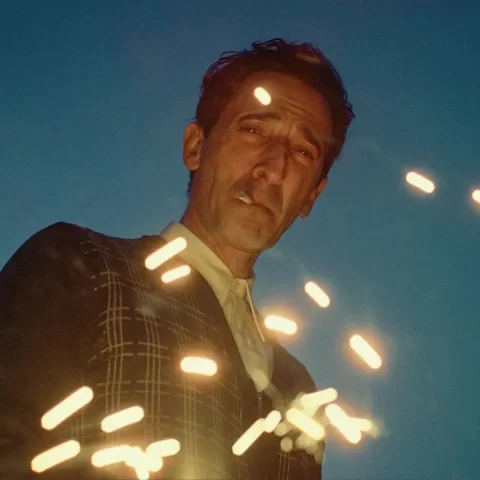
Greta Gerwig’s “Barbie” attempts to reimagine the iconic doll as a vehicle for feminist commentary but ultimately falls flat, bogged down by lackluster humor, repetitive messaging, and a pseudo-philosophical narrative. Despite the overwhelming media hype and extensive marketing campaign, the film struggles to deliver anything beyond a shallow critique of gender roles wrapped in a garish, plastic shell.
“Barbie” kicks off with a clever idea, using the plastic world of Barbie dolls to critique misogynistic patriarchy. However, the film quickly devolves into a monotonous cycle of the same joke, reiterated ad nauseam. The opening scenes effectively set up the film’s satirical tone, but as the story progresses, the humor feels increasingly forced and stale. Ken’s (Ryan Gosling) confusion over horses and the matriarchal structure of Barbieland provides a few chuckles, but these moments are few and far between.
Gerwig and co-writer Noah Baumbach seem intent on injecting the film with a sense of profundity, but their efforts come off as pseudo-philosophical pseudo-feminist babble. The narrative lacks the depth and nuance needed to explore these themes meaningfully, instead opting for simplistic, overly didactic dialogue. The film’s self-congratulatory tone, combined with its shallow exploration of complex issues, makes it feel more like a preachy TEDx Talk than a piece of art or entertainment.
The film’s storyline is disappointingly stupid and toothless. The plot revolves around Barbie (Margot Robbie) and Ken’s journey from the utopian Barbieland to the real world, only to discover that the latter is ruled by a patriarchal system. Ken’s immediate embrace of this newfound “manliness” and the subsequent “Ken-dom” takeover of Barbieland are portrayed in a ridiculously simplistic manner, while conveniently skirting real issues faced by women under patriarchy.
Even the film’s visual style fails to impress; while Gerwig’s direction attempts to evoke a sense of a toy diorama, the cinematography by Rodrigo Prieto is nothing special, everything is lit in the same flat and boring way. The proscenium-like compositions and the squared-off framing of scenes are supposed to mirror the artificiality of Barbie’s world, but they ultimately come across as gimmicky. Even the Kens’ dream ballet scene is derivative and poorly choreographed. The over-the-top set design and garish colors are more distracting than immersive, making the film feel like a shallow, plastic facade.
“Barbie” became a cultural phenomenon, not because of its cinematic merit, but due to an aggressive and relentless marketing campaign; the film was ubiquitous in the media, with most critics showering the film with undue praise, elevating it to an almost untouchable status. However, this widespread media coverage feels more like free publicity for a pseudo-event designed to line the pockets of a massive corporation rather than a celebration of genuine artistry.
In the end, “Barbie” is a missed opportunity – it had the potential to be a sharp, insightful satire, but instead, it settles for a bland and superficial take on important social issues. The film’s attempts at humor fall flat, its narrative is unimaginative, and its philosophical musings are as shallow as the plastic world it depicts. Despite its box office success and media buzz, “Barbie” is nothing more than a hollow spectacle, proving that even with a $1.5 billion gross, a movie can still feel utterly worthless.
